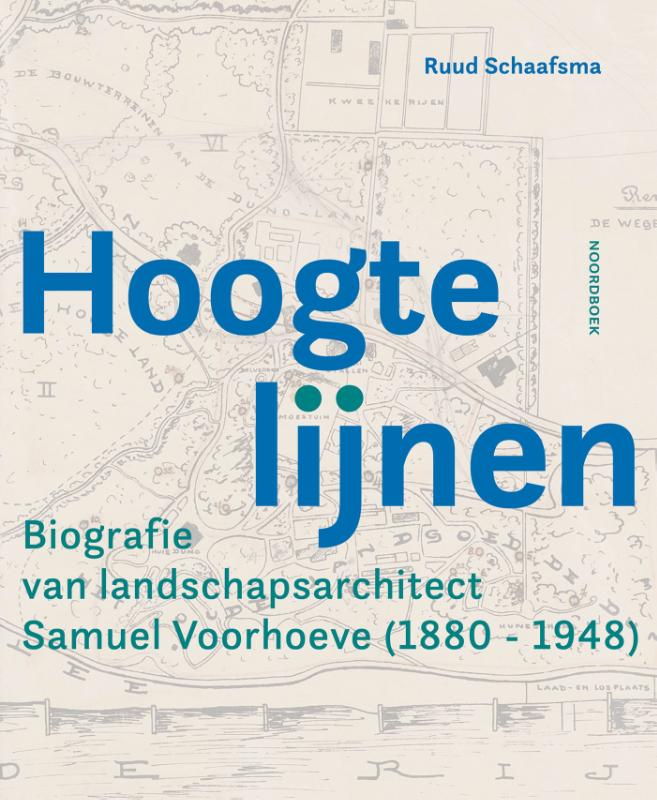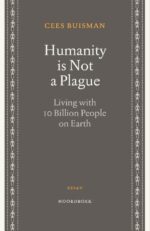Hoogtelijnen
€ 29,90
Landschapsarchitect Samuel Voorhoeve was voorvechter van het behoud van het ‘natuurlijk landschapsschoon’. Deze visie kwam tot uiting in al zijn ontwerpen voor landgoederen, parken en tuinen, maar ook in de aankleding van villaparken, lanen en pleinen. Hij beschouwde het als zijn taak om in zijn werk de cultuurlijnen in te passen in het natuurlandschap dat er al was.
Voorhoeve maakte door heel Nederland ontwerpen, maar het zwaartepunt van zijn werk lag op de zuidelijke Veluwe, waar de steile rand van de stuwwal met de vele doorkijkjes naar de Rijnvallei een voor Nederland unieke natuurlijke omgeving vormt. Vooral uit zijn woonomgeving Oosterbeek putte hij hartstochtelijk inspiratie voor de ontwerpen van parken en landgoederen die hier tegen de flanken van de Veluwe leunen. De hoogtekaart was daarbij zijn uitgangspunt.
Veel door Voorhoeve ontworpen landschappen zijn nog altijd te beleven in de staat zoals de landschapsarchitect het ooit bedoeld heeft. Zijn ontwerpen groeiden en bloeiden, maar hijzelf raakte in de vergetelheid. Met deze biografie en een overzicht van zijn belangrijkste ontwerpen geeft auteur Ruud Schaafsma hem de waardering die hij verdient.
Ruud Schaafsma is natuur- en wandelliefhebber en schreef meerdere cultuurhistorische boeken over de zuidelijke Veluwe en over IJsland.
Gerelateerde boeken
-
Humanity is Not a Plague
€ 19,90In ‘Humanity is Not a Plague’, Cees Buisman argues that it is possible for 10 billion people to exist together on this Earth – as predicted for the year 2100 – provided that the richer part of the world no longer merely focuses on its own health, prosperity and happiness, and instead starts working seriously on developing a higher consciousness.
In this essay, Buisman sharply analyzes some of the problems facing mankind, such as fresh water shortages, whilst overturning several clichés and offering unexpected, positive solutions. Overpopulation is not the problem; the effects of our actions on the rest of the world have a much greater impact. ‘Back to nature’ is not the solution, nor is an overreliance on science and innovation. Large-scale technologies could even increase our problems. It seems that the growth of humanity will depend on the growth of our consciousness.
Cees Buisman studied water purification engineering, in addition to business administration, communication theory and applied integral psychology. Throughout his life he has worked on new environmental technologies, which are used in industry all over the world. His scientific work is highly cited. Buisman is the Director of Wetsus – European Center for Sustainable Water Technology, and Professor at Wageningen University, in the Netherlands.
-




